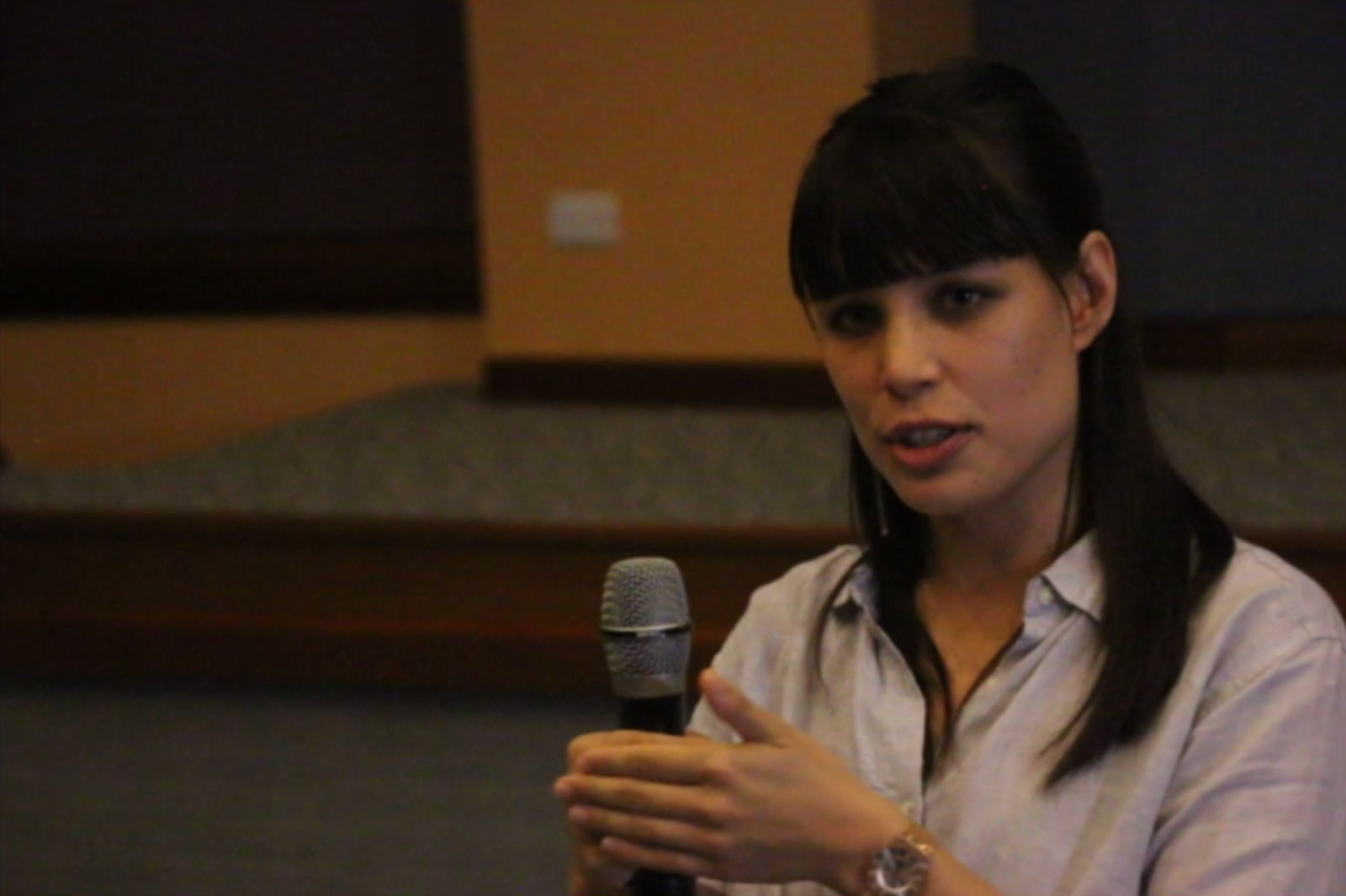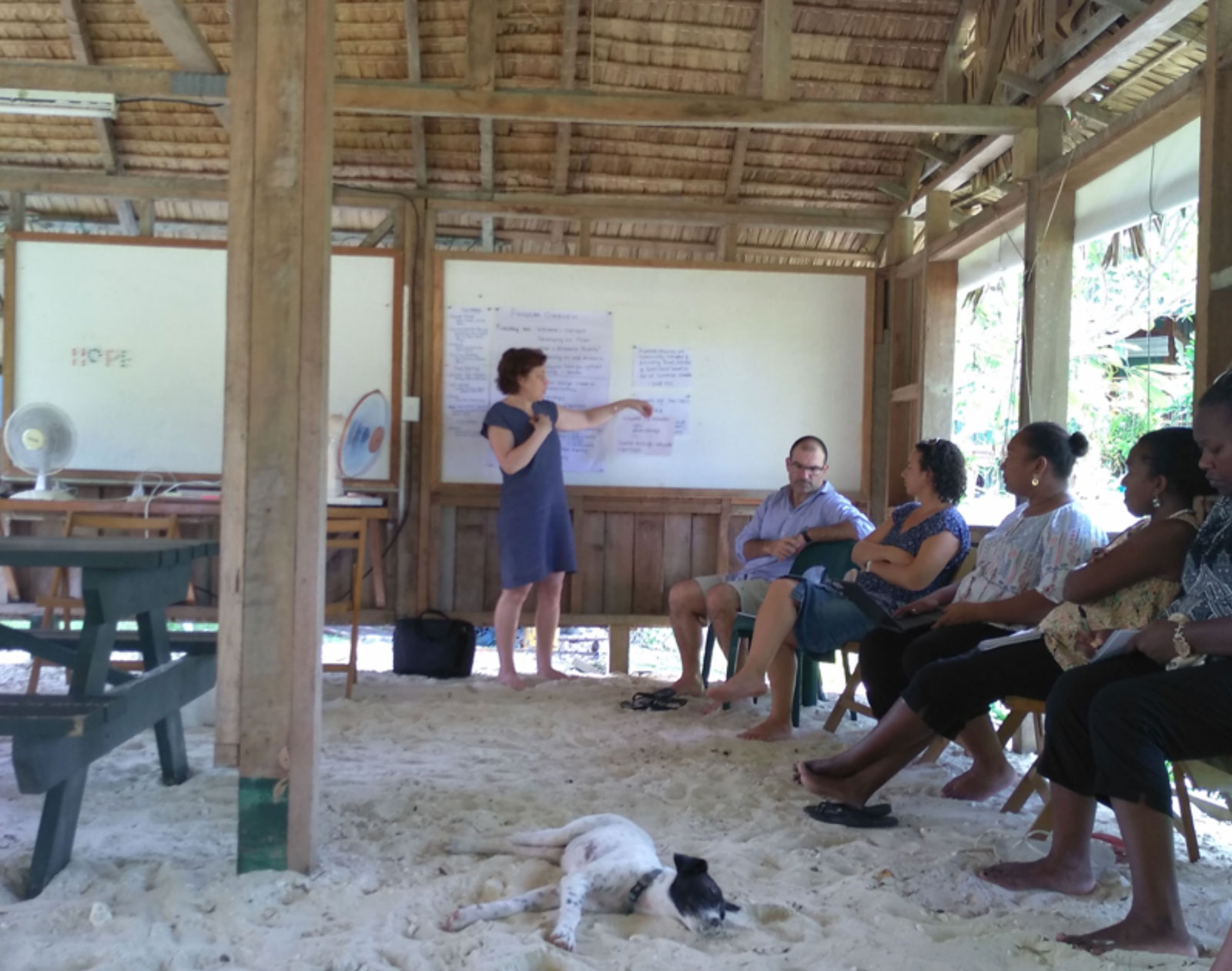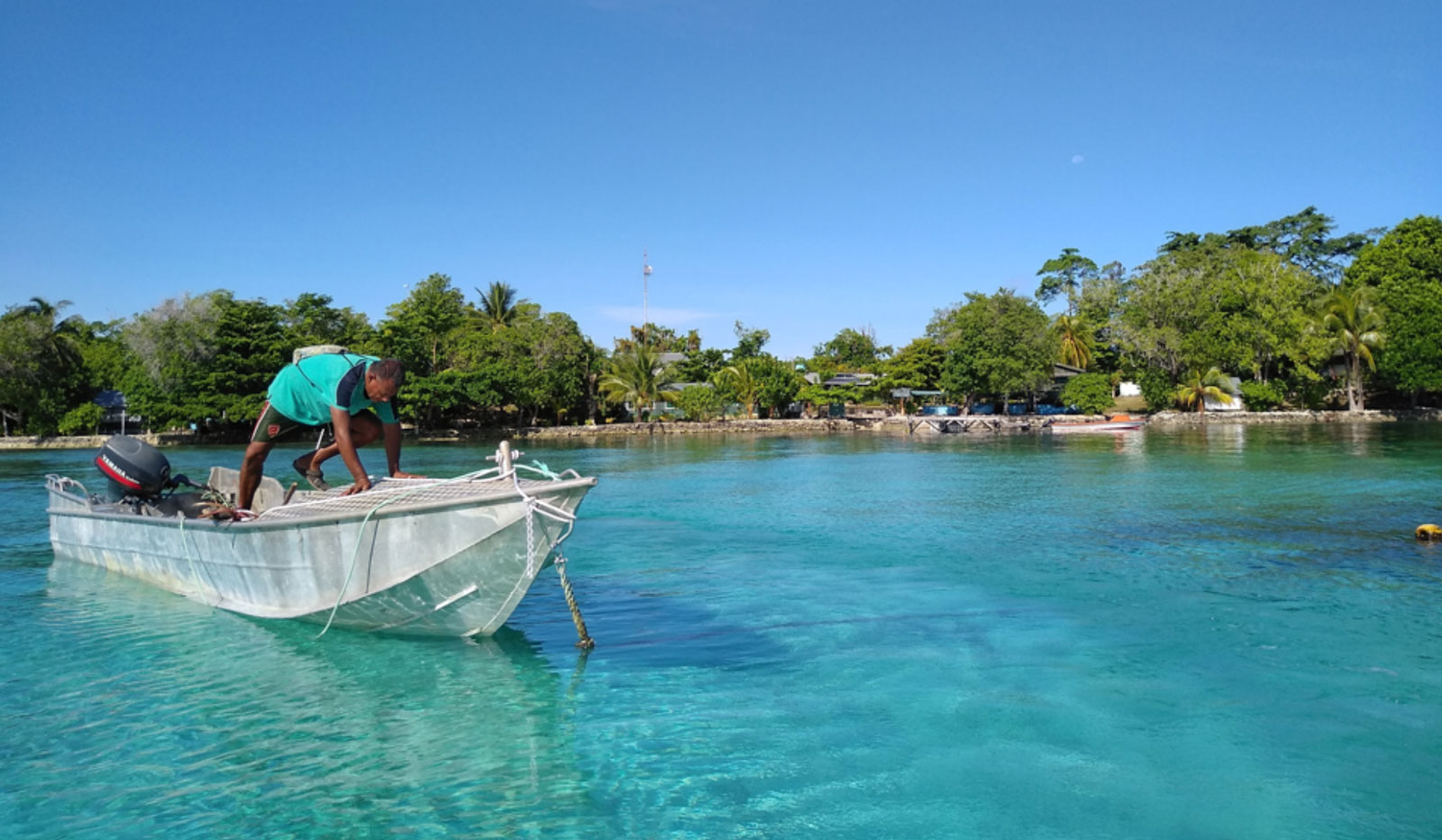

Climate change and resilient small-scale fisheries
September 27, 2019
As part of our efforts to support and encourage young Australians in study, careers and volunteering in international agricultural research, the Crawford Fund State Committees proudly support our Student Awards.
Throughout the past year, we have enjoyed sharing the journey of our 2018 recipients of these Awards as they travelled to their host countries to research and explore their chosen topic areas and gain international agricultural research experience and expertise. We have almost heard from all of our 2018 recipients, and their experiences have been diverse and overwhelmingly positive. You can read more here, where we have featured the experiences of:
- Christian Berger from the University of Western Australia
- Thomas Noble from the Queensland University of Technology
- Luisa Olmo, Lucinda Dunn, and Marisa Mitchell from the University of Sydney
- Rachael Wood and Brooke Kaveney from Charles Sturt University
- Kimberly Pellosis and Ziyang Loh from the University of Melbourne
- Jessica Fearnley from the University of New England
- Jacinta Watkins from the Australian National University
- Tamaya Peressini and Daniel Cruz from the University of Queensland
- Mathu Indren from the University of Adelaide
- Samantha Nowland and Chieu Hoang Dinh from the University of Sunshine Coast
- Ruby Grantham from James Cook University
Thanks to The Crawford Fund QLD Committee, we share with you our latest summary of James Cook University student Jacqueline Lau’s research experience with WorldFish in Malaysia and the Solomon Islands as part of an ACIAR-funded project.
Jacqueline Lau travelled to WorldFish headquarters in Penang, Malaysia and a WorldFish research station on Nusatupe, The Solomon Islands in March 2019 to investigate co-management approaches of small-scale fisheries in Asia.
In Penang, Jacqueline presented a talk that combined her PhD research on access to ecosystem services in Papua New Guinea, and a broad introduction to current thinking and approaches to climate change in small-scale fisheries. Secondly, as part of the Fish Learning Hour, she spoke with WorldFish staff key questions about climate change and WorldFish research. Key questions included: What are the climate change research gaps across different contexts and food systems? How is climate change being addressed or integrated into wider research? Finally, she was shown the current WorldFish database which compiles recent literature on the outcomes of co- management in SSF in Asia which she will utilise for a future literature review.
Jacqueline’s initial intention was to undertake a systematic review of academic literature, grey literature, and case studies identified through expert elicitation to analyse current practices and outcomes of fisheries co- management in developing countries however due to changing circumstances this plan was revised, and, will become part of a future research project.

While, in Nusatupe, she participated in a workshop on ‘Visioning for a Learning Hub’ led by the Solomon’s WorldFish office and contributed to discussions about current research projects on scaling co-management in The Solomon Islands, and on gender and participation.

“Both of these trips provided experiences and connections that I would otherwise not have been able to pursue as part of my PhD,” said Jacqueline.
“This Award has allowed me to meet a range of WorldFish colleagues and begin to develop my future research plans, grounded in a better understanding of the issues facing small-scale fisheries,” she added.
Coastal small-scale fisheries (SSF) are vital for food security, poverty alleviation, and wellbeing but face the increasing challenges of increased demand for fish, environmental change (particularly climate change), and diverse and data-poor management capacity. Meeting these challenges requires collective action by communities in concert with innovations in the way governments and development partners provide support and catalyse change. Community-based, co- management approaches are heralded as a powerful and scalable governance approach to strengthen coastal SSF for wellbeing, but there are key capacity and knowledge gaps, and lack of evidence of outcomes, best practice and key processes across different contexts and in the context of climate change.
To fill these gaps, WorldFish is partnering with the University of Wollongong, the Pacific Community and country partners. This ACIAR-funded project aims to contribute to sustainable, well-managed inshore fisheries underpinned by community-based and co- management approaches – drawing on and refining best practice in the region and beyond.
“Aligning with this project, my Crawford Fund Award activities helped me gain experience and understanding of key research topics and challenges in co-management in the face of climate change,” said Jacqueline.
“Receiving a Crawford Fund Award allowed me to experience the rich and varied range of contemporary research in small-scale fisheries. The experience has been invaluable in broadening my understanding of pressing climate change research agendas in small-scale fisheries, and in connecting me to practitioners and researchers in Penang and the Solomon Islands,” she said.

“I intend to further develop research into climate change resilient small-scale fisheries and co-management to be carried out in the Solomon Islands, and – keeping in mind the vision for a learning hub – that will be relevant to small-island developing states in Australia’s region,” she said.
In June 2019, Jacqueline took up a joint post-doc position with the ARC Centre of Excellence in Coral Reef Studies and WorldFish.
“The process of working with WorldFish to put together the Crawford Fund application and think through pressing research agendas, also no doubt helped me to successfully gain employment in the sector.”
“I would like to thank the WorldFish staff who welcomed me so warmly both in Penang and The Solomon Islands. In particular Dr Philippa Cohen, Matthew Rosher, Delvene Boso and the staff in the WorldFish Penang, The Solomon Islands and Nusatupe offices,” she concluded.




 0
0